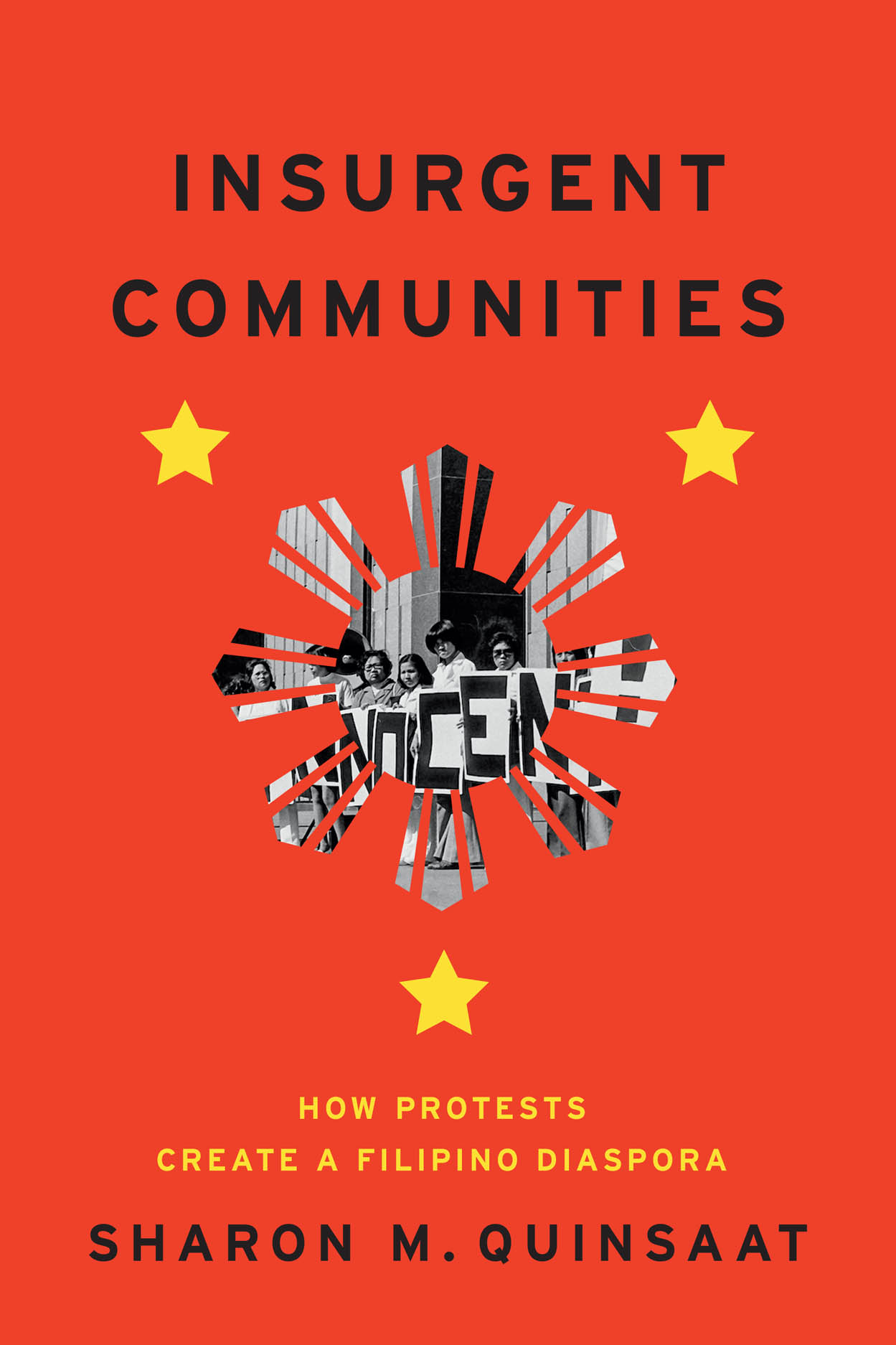
Conformity Is Ineffective If You Aim to Transform the World and Enhance It
In society, conformity frequently acts as a tool for preserving order and harmony. It pushes individuals to follow established standards, fostering predictability and unity within communities. Yet, when it comes to instigating substantial change and bettering the world, conformity can serve as an obstacle instead of an aid. To inspire profound change, individuals must be prepared to question the status quo and embark on a less conventional path — they must essentially become nonconformists.
What Defines a Nonconformist?
A genuine nonconformist is characterized by a distinct array of traits and situations that set them apart from ordinary dissenters. They do not merely react against authority for the thrill of rebellion; rather, they harbor a deeper ambition to bring about significant change for the collective good. Unlike self-serving teenage rebellion, authentic rebellion encompasses selflessness and the pursuit of a cause larger than oneself.
Here are some attributes that define a true nonconformist:
1. **Challenging Personal Situations:** Genuine nonconformists frequently diverge from their personal life circumstances. They are prepared to forsake safety and comfort to attain greater goals.
2. **Facing Disapproval and Consequences:** They are ready to confront resistance, rejection, and even repercussions for opposing prevailing power structures.
3. **Challenging Authority:** Genuine nonconformists contest established power structures, confronting the ingrained forces that obstruct progress.
4. **Questioning Societal Norms:** They interrogate and challenge existing social paradigms, striving to reorganize how individuals coexist and interact.
5. **Defying Wealth and Influence:** In their pursuit of justice and equality, nonconformists are willing to challenge the interests of the affluent and powerful.
6. **Taking Risks for a Better Future:** Their dedication to a more just world places them in the line of danger, yet they persevere despite potential personal sacrifices.
Prominent Instances of Nonconformity
Throughout history, numerous individuals have showcased nonconformity in the face of conformity. Spiritual leaders such as Jesus and Buddha stand as exemplary figures. Neither sought to establish religions, but they aspired to transform how individuals treated one another. Through their teachings, they confronted deeply divided and patriarchal societies, championed inclusiveness, and stressed compassion and love. However, their messages were frequently misinterpreted or distorted by their followers, resulting in the establishment of organized religions that sometimes overlooked the essence of their teachings.
Betrayal of Innovators
Over time, the legacy of true nonconformists can be overshadowed by conformist adherents who place emphasis on organization and doctrinal purity over authentic comprehension and application of original teachings. These individuals often create hierarchies and denominations, fragmenting the intended messages and formulating rules that align with their personal agendas. This inclination to codify and regulate original teachings reflects a human tendency to conform and control rather than embrace the transformative capacity of nonconformist thought.
Reevaluating Nonconformity
In contemporary society, opposing established systems and norms is often met with social pushback. While not all rule-breakers are visionaries like Jesus or Buddha, we must critically assess the motivations behind acts of nonconformity. If grounded in selflessness and directed toward the greater good, such actions warrant our support. Acknowledging the genuine potential for positive change in modern nonconformists necessitates a thorough analysis of their intentions and the bravery to align ourselves with causes that challenge us to create a better, more equitable world.
Ultimately, the journey to transform the world and enhance it is forged by those willing to resist conformity and adopt nonconformity as a tool for inventive and compassionate change.